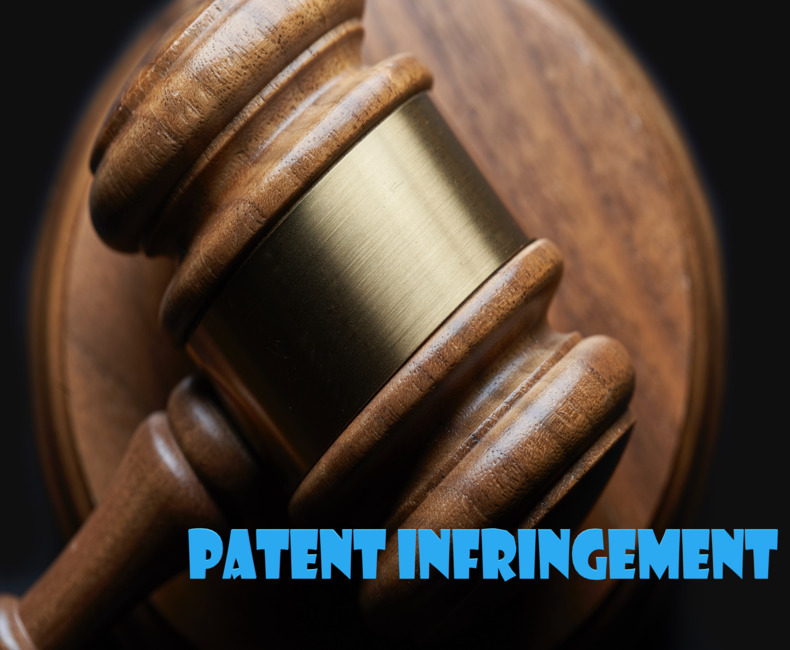Patent Infringement Suit in India
What is the limitation period for the Patent Infringement suit in India?
The Indian Limitation Act governs the period of limitation for bringing a suit for infringing a patent, which is three years from the date of infringement. Therefore, it is essential to note that the limitation period for the suit runs from the date of the infringing activity and not from the date of the grant. Suppose the patent has ceased to be affected due to non-payment of the renewal fee. Then patentee will not be entitled to institute the proceedings for the infringement committed between the date on which the patent ceased to have an effect and the date of publication of the application for restoration of the patent.
Before taking any action against an infringer, the patent must be sure that
- IP right granted to him is enforceable
- Know the relevant prior art by conducting an extensive search.
- Know the accused infringer’s product in detail
- Evidence of infringement in case of process claims
Possible counterclaim by the infringer
- The infringer may question the patent’s validity, and the court then decides.
- The infringer may also say that what is being done does not constitute an infringement.
- Infringement is determined primarily by the language of the patent claims and, if what Defendant is making does not fall within the language of any of the claims of the patent, there is no literal infringement.
What is the Punishment for Patent Infringement?
The provisions related to penalty have been incorporated in the Patents Act, 1970 to safeguard and prevent a patent from being illegally misused or exploited and preserve the interest of the patentee who has an exclusive right over the invention granted a patent. The Act prescribes punitive as well as pecuniary punishment for offences committed under the Act. Section 120 of the Act penalizes instances of unauthorized claims to patent rights. Thus, any person who falsely represents any article sold by him to be patented in India or is the subject of an application for a patent in India is punished with a fine which may extend to one lakh rupees.
What are the examples of patent Infringement?
Let’s have a look at an infringement case related to Novartis Vs Cipla,
Facts
· Novartis (Plaintiff) sued Cipla (Defendant) for infringing patents covering Onbrez (Indacaterol-drug used to treat chronic obstructive pulmonary disease) and sought damages.
· The drug is protected by 5 patents in India consisting of product composition and process patents.
· In 2014, Defendant launched a generic version of Onbrez and, in the process, petitioned to have Plaintiff’s patents revoked. It contended that the disease had reached an ‘epidemic’ stage, and the monopoly of the Plaintiff was limiting the extent of the drug.
· In light of that, requested the Central Government to revoke the patent under Section 92 (3) (compulsory license under special circumstances) and Section 66 (patents which are prejudicial to the public) of the Patents Act.
· Defendant contended that Plaintiff was not manufacturing the drug locally and imported only limited quantities through a licensee.
· Plaintiff then filed a case before the Delhi HC claiming patent infringement and damages.
Court Decision
· Delhi High court barred the Defendant from making or selling a generic copy of Plaintiff’s drug by granting a temporary injunction to Plaintiff.
· The HC observed that Plaintiff had a strong prima facie case, and as the validity of the patent is not seriously questioned, there is a straightforward way to grant an injunction.
· The Defendant had previously also stated that there was a drug shortage and inadequacy thereof. However, the HC observed that Defendant failed to provide any proof or figures for such claims.
In 2017, Cipla filed an appeal against this order. However, the appeal was dismissed on similar grounds. The 2017 Appeal further divided into the implications of a drug being imported and whether the extent of imports was sufficient to meet the demands in India.
Conclusion
Even though the patent system provides exclusive rights to the patentee for his commercial gains for a fixed period, it is crucial to understand that it should not obstruct the research and development in the field of art due to granted patents in that particular field of art. For this purpose, the researchers need to learn about infringing patent activities and non-infringing activities. Hence it is always advisable to seek professional help for that.




Leave a Reply